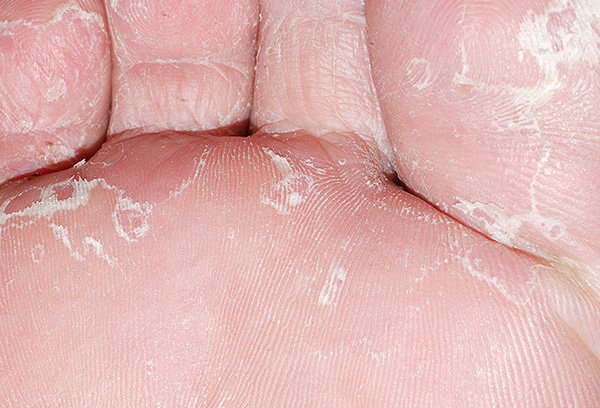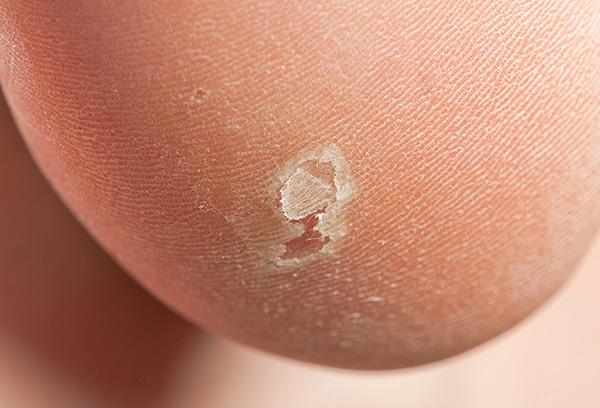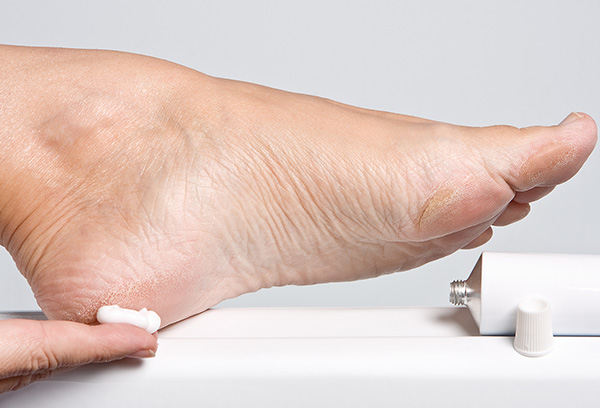Dry skin, also known as xerosis is a common problem, especially in areas where the air is very dry. Dry skin can also become a problem as you get older and lose natural oils that keep your skin moist. A tendency toward dry, itchy skin may run in families. Some problems with the body’s defences (immune system), allergies, or an infection with a fungus may also cause patches of dry skin.

An over-the-counter cream may help your dry skin. If your skin problem does not get better with home treatment, see our doctor for prescription strength topical ointment. You may need antibiotics if you have a skin infection.

Follow-up care is a key part of your treatment and safety. Be sure to make and go to all appointments, and call your doctor if you are having problems. It’s also a good idea to know your test results and keep a list of the medicines you take.
How can you care for yourself at home?
- Take your medicine exactly as prescribed. If your doctor prescribed antibiotics, take them as directed. Do not stop taking them just because you feel better. You need to take the full course of antibiotics.
- Try an oatmeal bath. Wrap 1 cup of oatmeal in a cotton cloth, and boil it as if you were cooking it. Use this as a sponge during your bath. Or take a bath with an anti-itch soap such as Aveeno Colloidal Oatmeal soap. Use an over-the-counter 1% hydrocortisone cream for small itchy areas.
- Keep baths or showers short, and take them less often. Use warm water, not hot water, and use as little soap as you can. Also, pat your skin dry; don’t rub it.
- Use a mild soap, such as Dove or Cetaphil, when you wash your skin.
- Apply a moisturizing lotion such as Eucerin or Uremol 20 (both available in drug stores). The best time to apply moisturizer is to right after you take a bath or shower. Gently pat skin dry with a towel before you apply.
- If you have very dry hands, spread petroleum jelly (like Vaseline) on your hands before bed. Wear thin cotton gloves while you sleep. If your feet are dry, spread Vaseline on them and wear socks while sleeping.
- If you have dry, brittle nails, use lotion on your nails.

Immediately after shower or bath is the best time to moisturize your feet.
When should you call for help?
Contact us if you have signs of infection such as:
- Pain, warmth, or swelling in the skin.
- Red streaks near a wound in the skin.
- Pus coming from a wound in your skin.
- A fever not caused by the flu or other illness.
- Swollen lymph nodes near the infected wound or in the neck, armpits, or groin.
Watch closely for changes in your health, and be sure to seek medical care if:
- Your whole body itches, but you have no obvious rash or other cause.
- Your itching is so bad that you cannot sleep.
- Your home treatment does not help.
- Your skin is badly broken from scratching.

